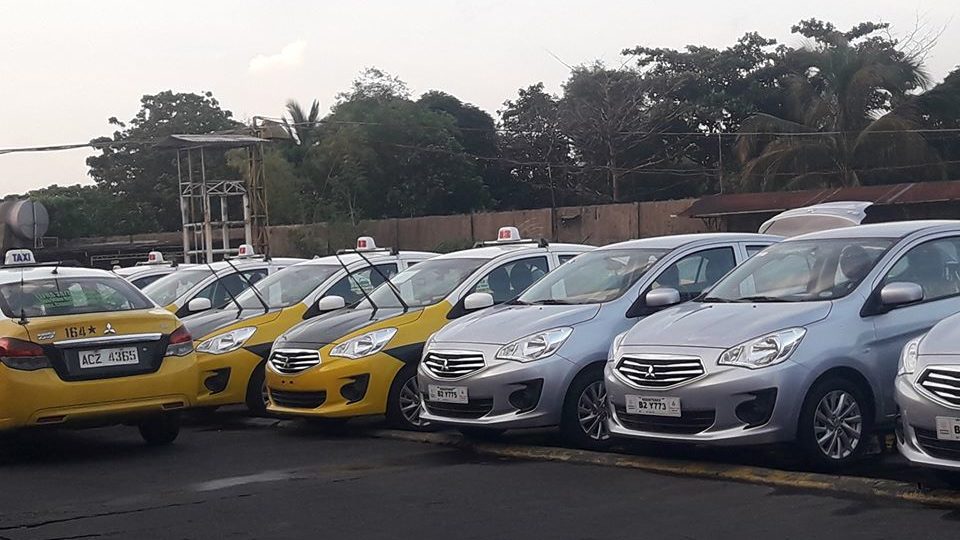Commuters of taxis and ride-sharing services in the country will soon be asked to do away with cash, as the Department of Transportation (DOTr) and Land Transportation Franchising and Regulatory Board (LTFRB) today said in a joint statement that it is partnering with digital payment providers, to curb the spread of COVID-19.
The DOTr and LTFRB, the agencies which oversee public transport in the country, said it is employing the help of digital payment providers—such as GCash, Squidpay, Paymaya, and Beep— to promote “cashless or contactless transactions.”
The government appears to believe that handling cash will spread the disease, which is done often when commuting in Philippine public transport. However, a spokeswoman from the World Health Organization (WHO) named Fadela Chaib has said that the WHO has not released any warnings about banknotes being able to transmit COVID-19. Fadela noted however that people should wash their hands “after handling money, especially if handling or eating food.”
“Cashless and contactless payment scheme will now be part of the ‘new normal’ in the public transportation system,” DOTr Secretary Arthur Tugade said. He said that the GCash payments have already been set in place in ride-sharing firms Hirna, Grab, and Owto, though he did not specify a timeline when taxis and other ride-sharing firms will follow suit.
The digital payment schemes are expected to be used by taxis and transportation network companies (TNCs) which have been allowed to operate in areas under the general community quarantine. However, DOTr and LTFRB has not stated if this is already being implemented, and the agencies could not be reached for comments.
Read: Free rides rolling out in several Metro Manila cities amid mass transport suspension
Earlier this month, the LTFRB has released Memorandum Circular No. 2020-018 which mandated that “fare collection shall strictly be through cashless payment or through online facility only” in taxis and transport network vehicle services, also known as ride-shares.
LTFRB Chairman Martin Delgra III believes that under said system, “direct contact between drivers and passengers will be limited. Physical distancing will be observed, and there’s little to no chance that COVID-19 will spread, [and in the process] many lives will be saved.”
Read: Back to Work: Train repairs to resume despite Luzon’s extended lockdown





Reader Interactions